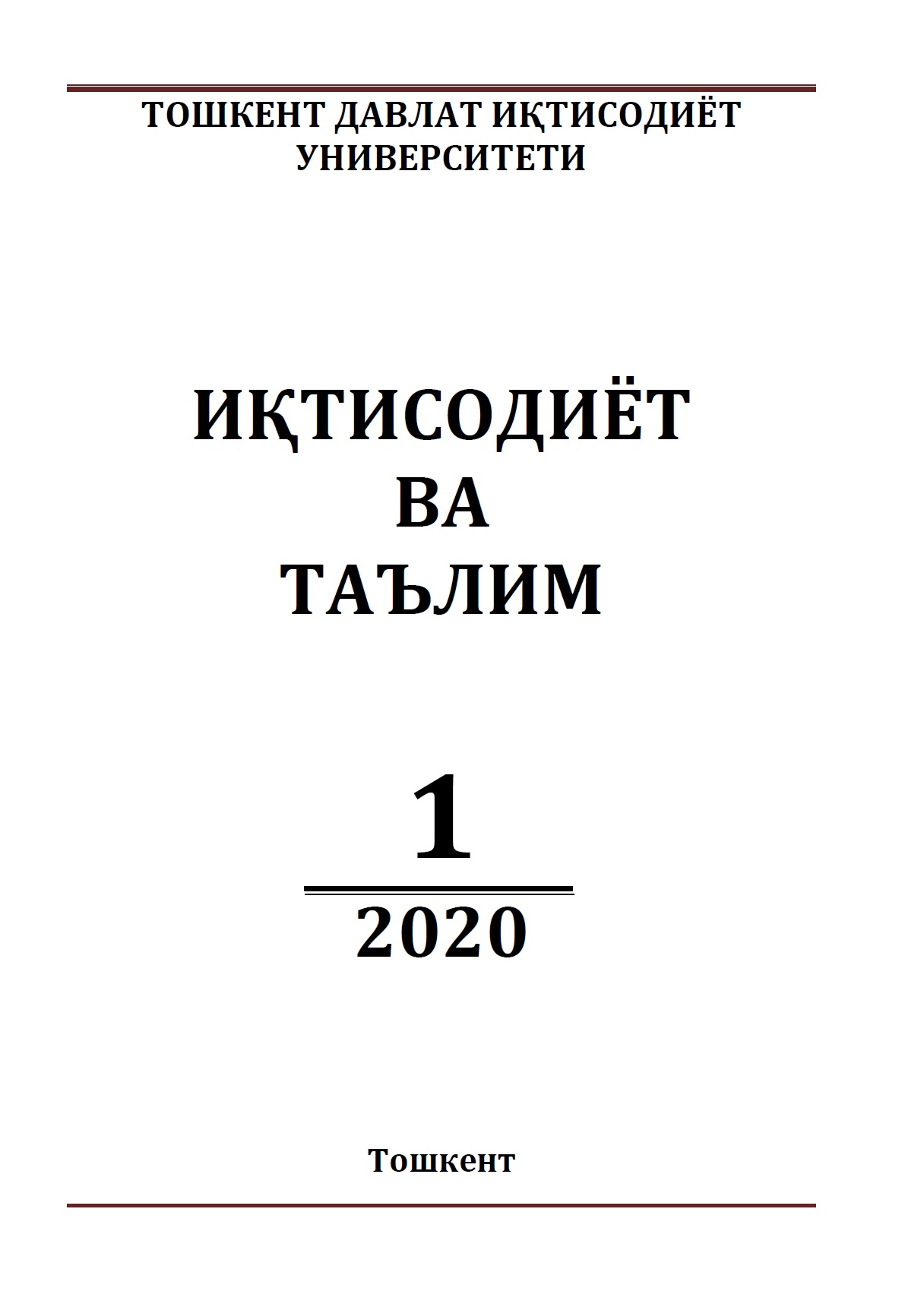Abstract
The article examines the social, economic and environmental aspects of the use of renewable energy sources. The ways of integrating renewable energy sources in the energy supply system and the end-use industry are considered. The identification of patterns and links between renewable energy sources and climate policy is the basis of the study.
References
IRENA (2017), REthinking Energy 2017: Accelerating the global energy transformation. International Renewable Energy Agency, Abu Dhabi. -Р. 26.
Renewables 2017 Global status Report. REN21 Steering Committee. –P. 30.
IRENA (2017), REthinking Energy 2017: Accelerating the global energy transformation. International Renewable Energy Agency, Abu Dhabi. -Р. 26.
International Renewable Energy Agency. REthinking Energy 2017. -Р. 27.
Global trends in renewable energy investment 2013, UNEP Collaborating Centre, Frankfurt School of Finance and Management, Germany, 2016. –P. 12.
IRENA (2017), REthinking Energy 2017: Accelerating the global energy transformation. International Renewable Energy Agency, Abu Dhabi. -Р. 50.
Intergovernmental Panel on Climate Change. United Nations Environment Programme (UNEP) and World Meteorological Organization (WMO). Special Report on Renewable Energy Sources and Climate Change Mitigation. 2011. –Р. 16.
UNEP. WMO. Special Report on Renewable Energy Sources and Climate Change Mitigation. 2011. –Р. 19.
Intergovernmental Panel on Climate Change, IPCC. Working paper No. 60. Climate Change and Economic Growth. –P. 14.
United Nations Environment Programme and Intergovernmental Panel on Climate Change. Special Report on Renewable Energy Sources and Climate Change Mitigation. – P. 7.

This work is licensed under a Creative Commons Attribution-ShareAlike 4.0 International License.
Copyright (c) 2020 Иқтисодиёт ва таълим
